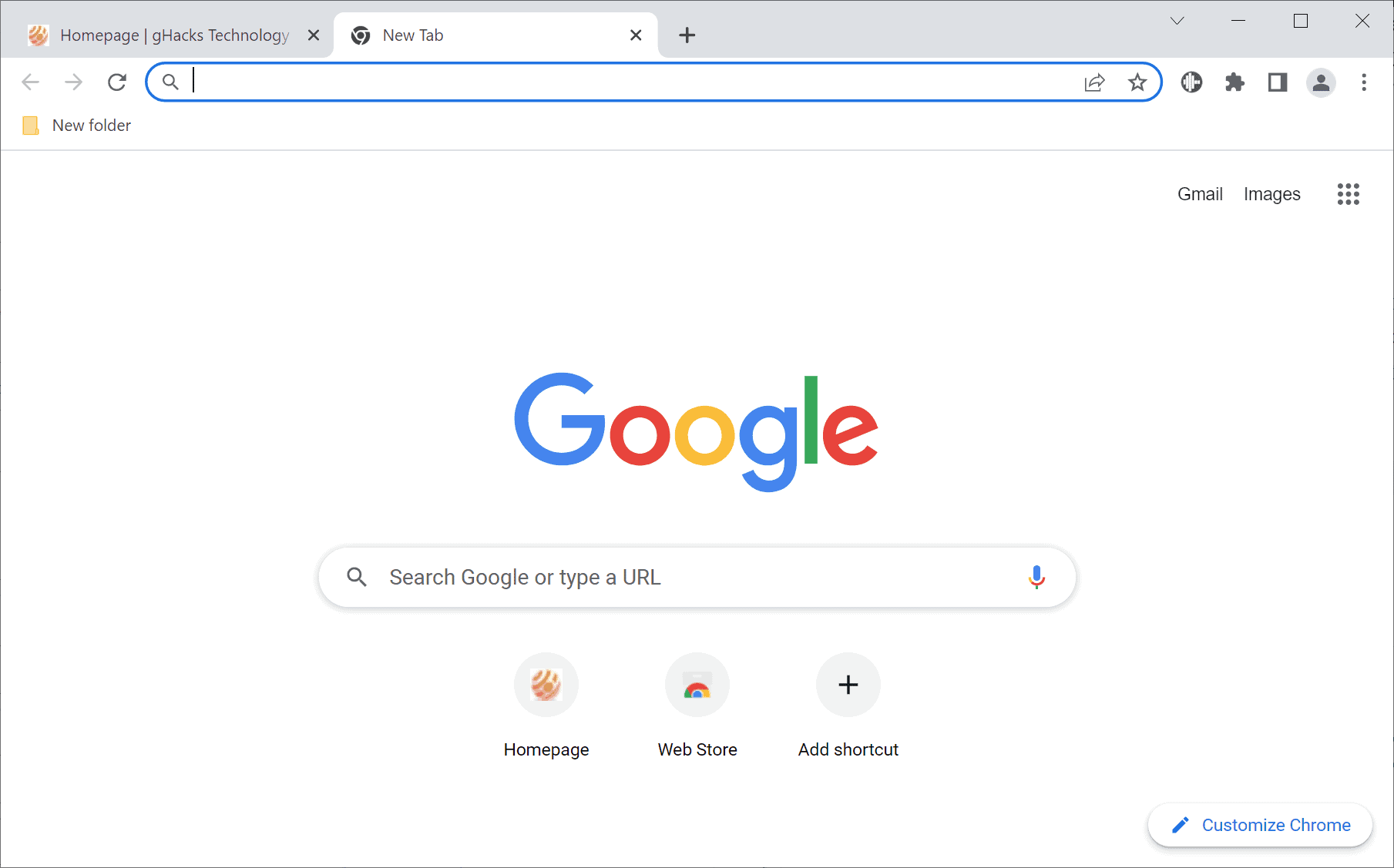Google delays the end of third-party cookies to 2024

Google announced in 2019 and in 2020 that it had plans to make third-party cookies obsolete on the Internet. The company wanted to drop support for third-party cookies in its Chrome web browser by 2022 and replace it with new technology that it called Privacy Sandbox.

Now, Google announced that it has decided to delay the phasing out of support for third-party cookies to the second half of 2024. Anthony Chavez, VP, Privacy Sandbox announced the decision on July 27 on the company blog.
Google decided to delay the phasing out of third-party cookies support in the company's Chrome web browser to give developers and organizations more time to evaluate and test Google's Privacy Sandbox.
The most consistent feedback we’ve received is the need for more time to evaluate and test the new Privacy Sandbox technologies before deprecating third-party cookies in Chrome. This feedback aligns with our commitment to the CMA to ensure that the Privacy Sandbox provides effective, privacy-preserving technologies and the industry has sufficient time to adopt these new solutions. This deliberate approach to transitioning from third-party cookies ensures that the web can continue to thrive, without relying on cross-site tracking identifiers or covert techniques like fingerprinting.
Google's initial replacement for third-party cookies, FLoC, Federated Learning of Cohorts, was met with heavy resistance from organizations worldwide. Browser makers such as Brave or Vivaldi rejected FLoC outright, and Google was forced to go back to the drawing board.
FLoC was Google's first attempt at shifting tracking from individual users to groups of users. Tracking is used by advertising companies for several purposes, including delivering personalized advertisement to users and obtaining data on purchases made by users. Google came up with Topics, which was not well receive either in privacy-focused communities.
Topics, which is part of the Privacy Sandbox, attempts to associate a limited number of topics with users. Google plans to use the browsing history to come up with these topics, which advertisers then use to display ads to the user. Topics change frequently and the entire process happens locally, according to Google. Google delayed the end of support date for third-party cookies to 2023 at the time.
Now, the phasing out has once again be delayed. Here is the updated schedule:
- Today -- Developers may test the Privacy Sandbox APIs.
- Early August -- Privacy Sandbox trials begin with millions of Chrome users.
- Rest of 2022 and 2023 -- trials are extended to increase the population.
- Q3 2023 -- Privacy Sandbox APIs will become available in stable versions of Chrome by default.
- second half of 2024 -- Phasing out of third-party cookies support in Chrome.
Google plans to display a prompt to users "giving them the option to manage their participation". Chrome users who want to stay away from all of this may want to consider switching to a different browser.
Now You: what is your take on the updated schedule?




















There may be a practical reason for the delay. Most, if not all, Google Services (Docs, Maps, Play etc.) use 3rd party cookies and ‘break’ if 3rd party cookies are disabled. The delay may simply to give Google time to fix all of the other apps and services to work with Privacy Sandbox. Also, there is the 3rd party signing into websites to consider as a new form of that, probably based around their passwordless tech, has to be up and running as well. Third party cookies have been around for so many years, and are so over-used by Google that they’re probably going to need extended time to fix the issues. Including forcing the alternate Chromium based browsers into using PS since most of them refused to allow FLoC.
It will also give more time to privacy advocates. Thus they can develope plugins to mangle the data that PS sends.
I do not want any part of this program.you do not have my permission to share any of my Google information!!!! If I have to do anything in the future to stop this please let me know!!!!! Thank you
Delete your Google Activity so that there’s nothing to share Shirley: https://www.ghacks.net/2019/06/05/how-to-delete-your-google-web-and-app-activity-automatically/
Best option right now is to switch the browser if you use Google Chrome. Pick another Chromium-based browser, e.g., Vivaldi or Brave.
It sounds more like earning the hell out of the browser schedule.
To keep third party’s optimal financial (FLoC was such an attempt) hooked to the Google business model, (aka) read shareholders. Nothing more nothing less.
The user is only a way to earn money that has become Cristal clear over the business (Google Inc. (1998–2017) years of Google (2017-2022).